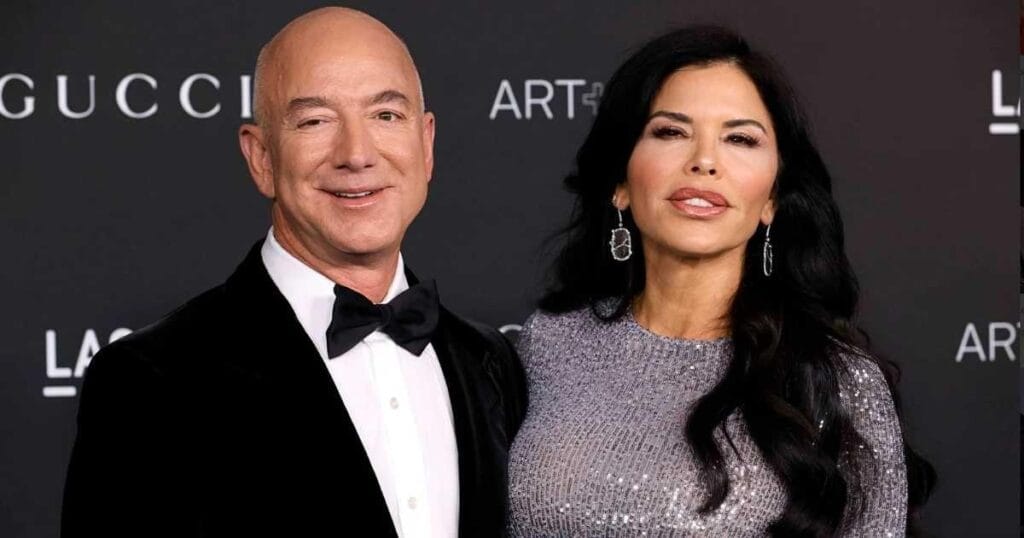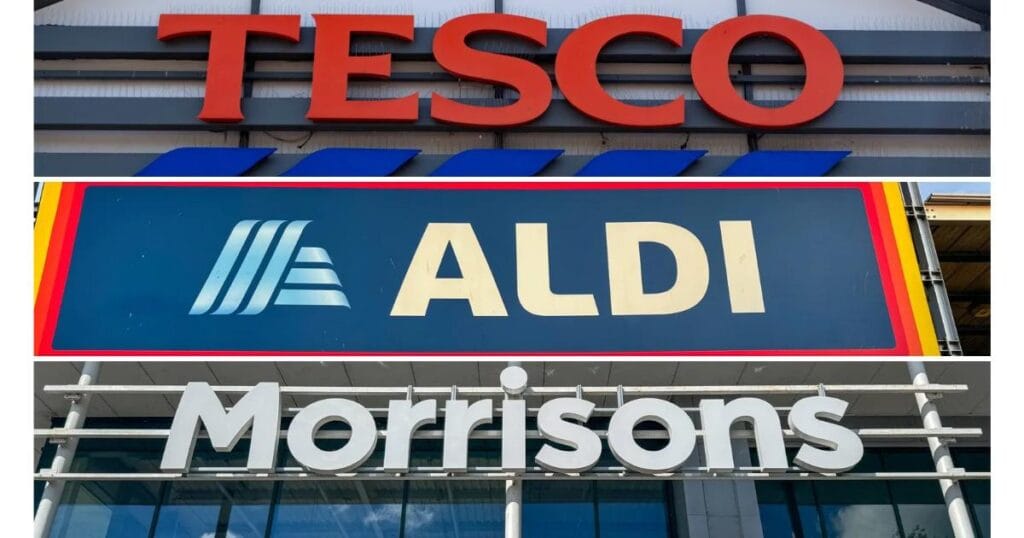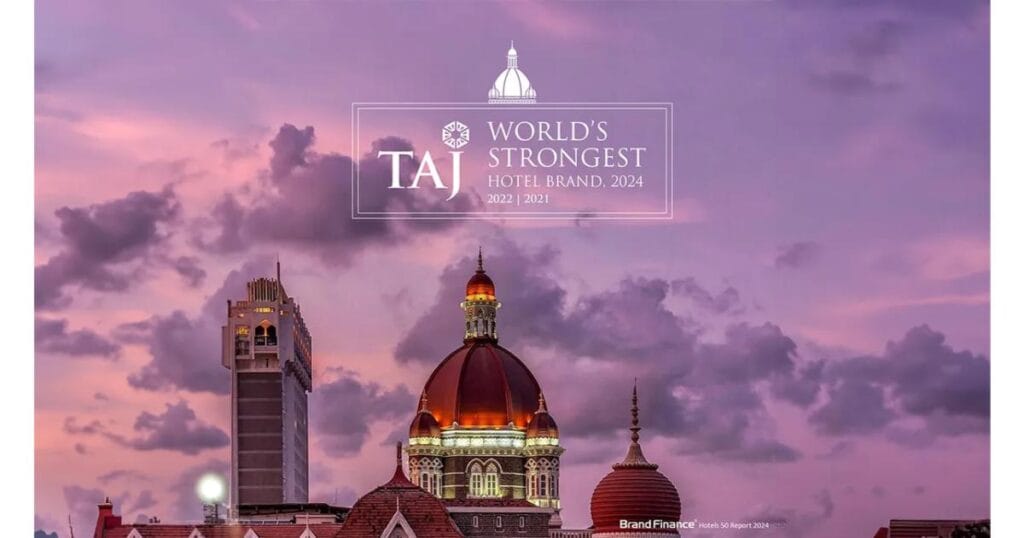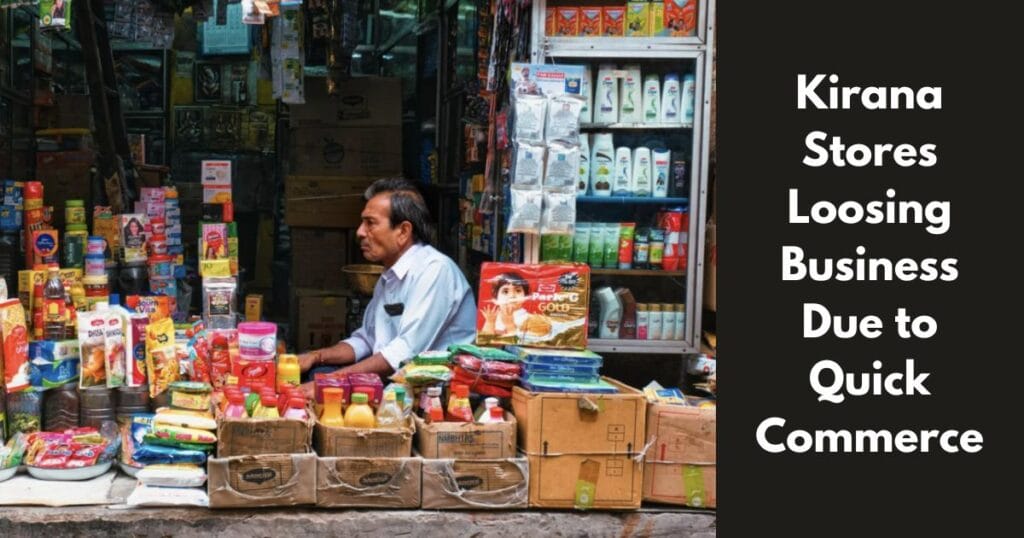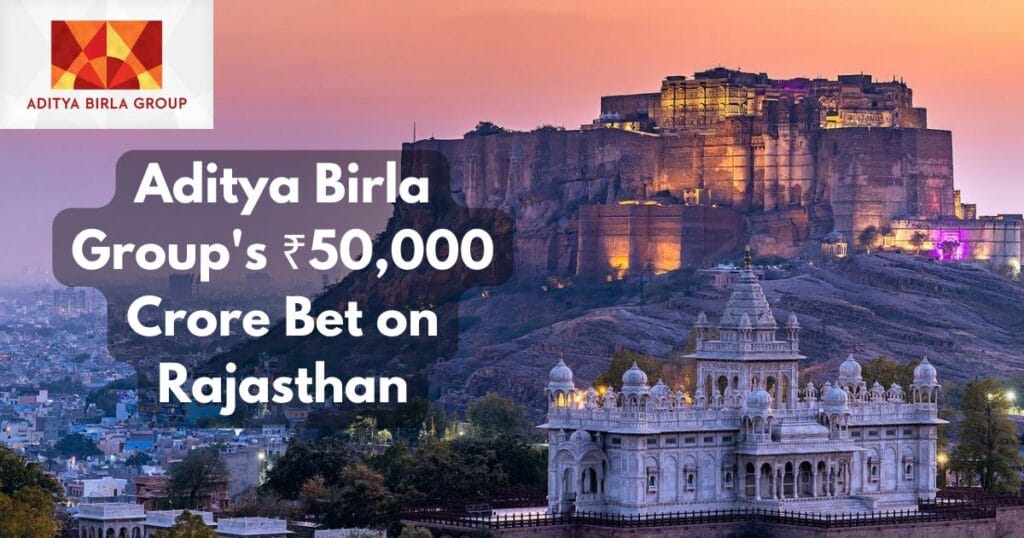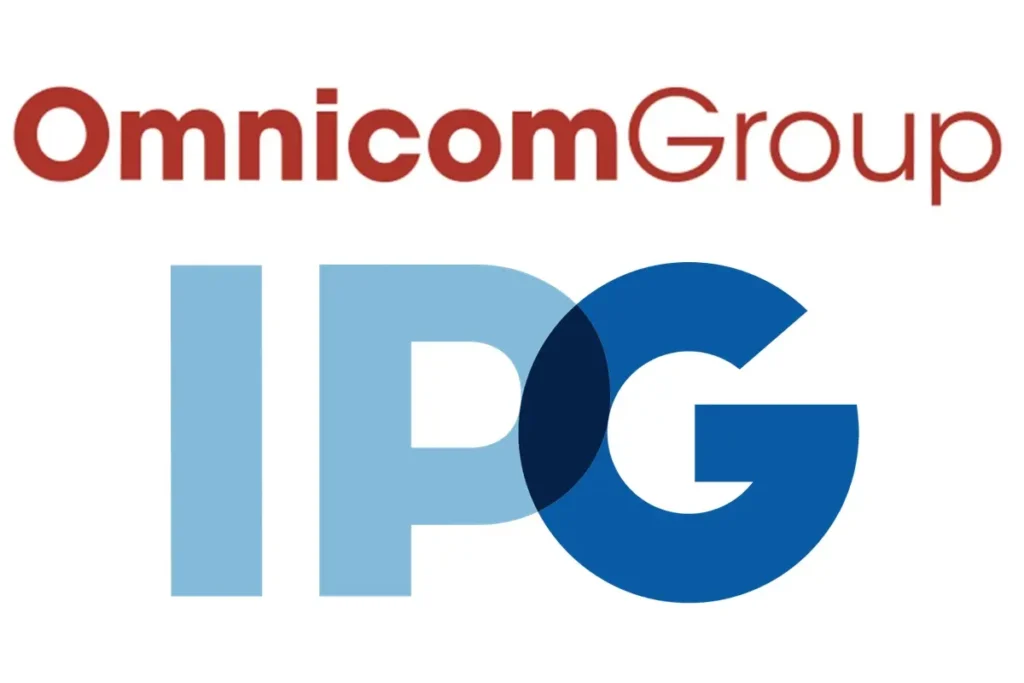
Omnicom and Interpublic’s $10.9 Billion Merger: What You Need to Know
- Omnicom is set to acquire Interpublic Group (IPG) in a $10.9 billion deal, forming the largest global advertising conglomerate with annual revenues exceeding $20 billion.
- Combining leading brands such as BBDO, McCann, and TBWA, the merger will enhance creative, digital, and media capabilities.
- While offering strategic advantages, the deal faces potential regulatory scrutiny and integration challenges.
- This merger could spark further consolidation in the advertising industry as competitors adapt to the evolving market.
The merger is subject to regulatory approval, with the deal expected to close by the second half of 2025.
A Strategic Move for Omnicom
Omnicom CEO John Wren and IPG CEO Philippe Krakowsky have both praised the deal, emphasizing how it combines the companies’ strengths in data, technology, and geographic reach. Wren will remain as Omnicom’s chairman and CEO, while Krakowsky will serve as co-president and COO, overseeing integration efforts.
What the Merger Means for the Advertising World
- Industry Dominance
This deal will create a global powerhouse with an unparalleled portfolio of top agencies. Omnicom’s flagship brands, such as BBDO, DDB, and TBWA, will join forces with IPG’s McCann, FCB, and MullenLowe, to name a few. The combined group will have the scale and expertise to better serve clients and compete with other global giants.
- Complementary Strengths
The two companies have long been competitors, but their complementary offerings in creative services, digital marketing, and media make this deal particularly promising. While Omnicom has shown robust organic growth, IPG has faced challenges, including flat revenue performance and the sale of several digital agencies like Huge and R/GA.
Potential Hurdles
In 2013, Omnicom attempted a $35 billion merger with Publicis Groupe, but it fell apart due to power struggles. This time, however, Omnicom holds the upper hand, with clear leadership positions set for the combined entity.
What’s Next for the Industry?
Share this post
Rajat N
Web Designer and Digital Marketing Manager with 3+ years of experience at Vibrant Marketer. Skilled in crafting visually appealing and user-friendly websites. Also proficient in content writing and graphic design to enhance brand visibility.

